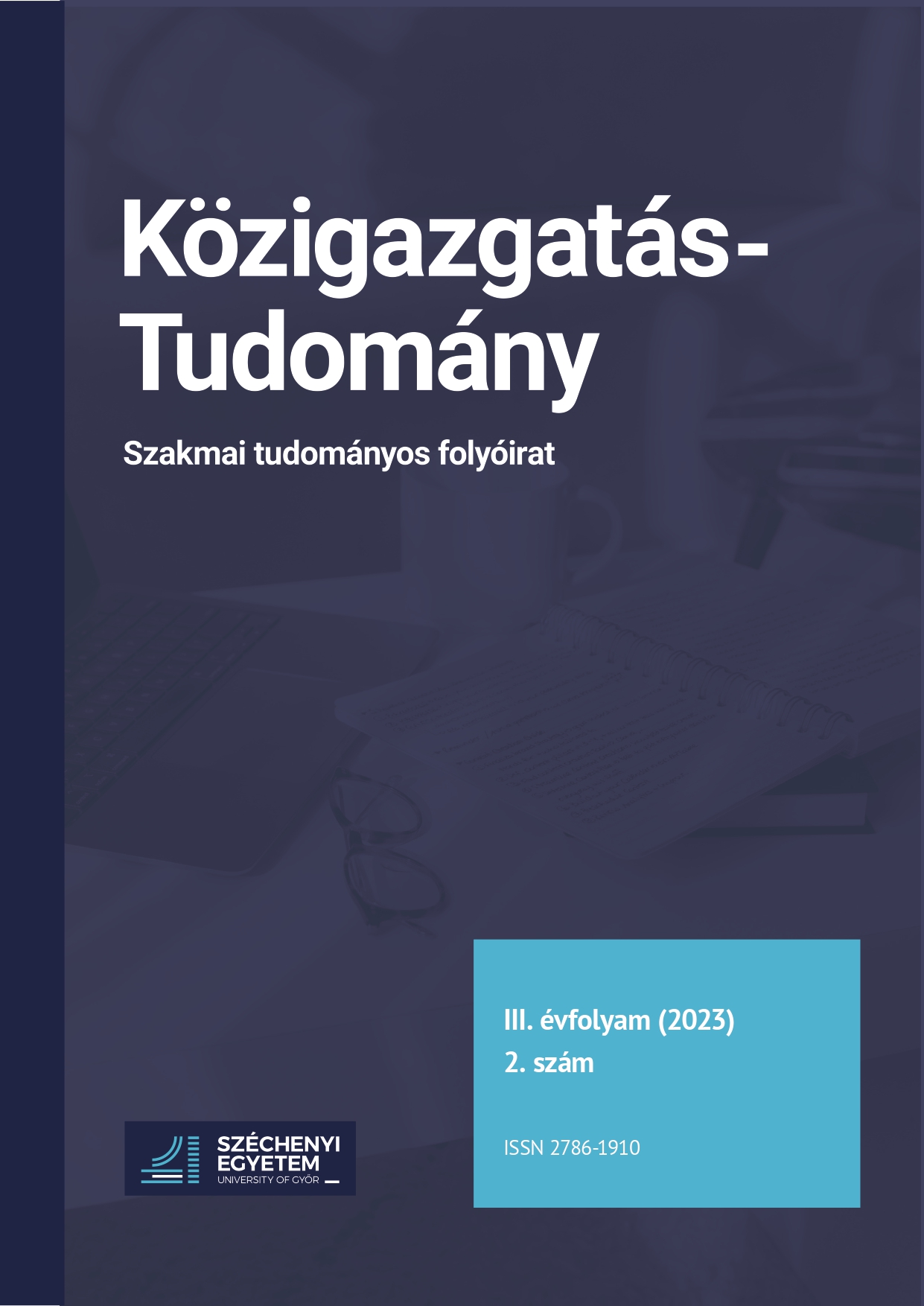
The challenges and experiences of the electoral procedure
A választási eljárás egyes kihívásai, tapasztalatai
Keywords: electoral administration; electoral commissions; electoral offices; fair procedure
The aim of the study is to present the characteristics of electoral administration as a public administration task. Within this framework, it explains the basics of the electoral organizational system, the structure, and functioning of the electoral committees and offices. Following the fundamental assumptions, based on the experiences gained during the parliamentary elections and referendums conducted in a joint procedure in 2022, the publication discusses the challanges faced by the organizational system and the possible solutions available to ensure that the right to a fair procedure is fully respected in the course of election administration procedures. Issues of interpretation of the law relating to the formation and establishment of electoral bodies and the characteristics of electoral (official) procedures will also be addressed.
More...
